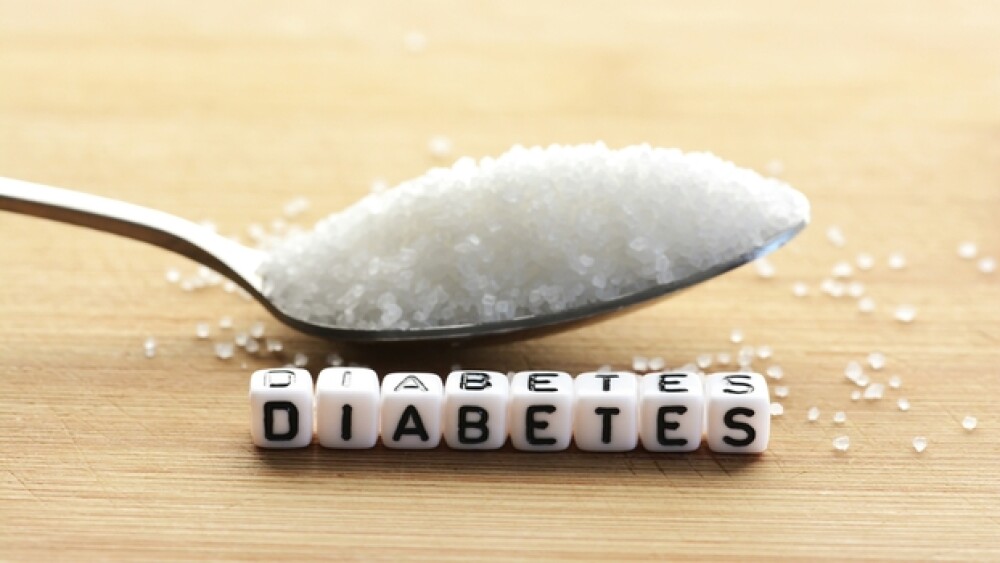Researchers say transplanting fecal microbiota from the mother into the newborn can reverse the risk for Type 1 diabetes for babies who had been exposed to antibiotic treatments early.
Newborns who are at risk for developing Type 1 diabetes due to antibiotics may still see a reversal of fortune if their gut microorganisms are restored with a fecal implant from their mothers.
In a study published by Rutgers scientists in the journal Cell Host & Microbe, researchers found that transplanting fecal microbiota from the mother into the newborn can reverse the risk for Type 1 diabetes, which can happen in babies who had been exposed to antibiotic treatments early.
Newborns were most likely to have the disease at this age because the antibiotic drugs had disturbed the trillions of beneficial microorganisms in their gut. Type 1 diabetes is one of the most common autoimmune illnesses that surface during childhood. It happens when the immune system damages the cells in the pancreas, which are responsible for insulin creation.
The actual cause of this type of diabetes is largely unknown, but it has been observed to be common in infants who had had antibiotic drugs in the first few days of life. This is also evidenced by a separate study conducted by another group of Rutgers scientists alongside the Mayo Clinic, who found that children who were exposed to antibiotics early were at risk for several health disorders, not just Type 1 diabetes.
The other risks were respiratory allergies, celiac disease, childhood-onset asthma, obesity, eczema, and attention deficit hyperactivity disorder. This research appeared in the journal Mayo Clinic Proceedings.
The transplant procedure was tested in mouse models to positive results. Mice that were exposed to antibiotics from five to 10 days old were given a transplant as much as a week later and then compared against those that did not get any intervention at all. The scientists observed that those who had the transplant saw their gut microbiome partially healed and their risk for diabetes lowered to the baseline level.
“We were able to identify groups of genes that returned to normal after the transplant as if the mice had never received the antibiotics. The mice that were exposed to antibiotics had the expression of indicator genes in their intestinal wall that were either too high or too low, but the transplant brought that back almost to the original levels and restored metabolic pathways,” Xue-Song Zhang, assistant research professor at the Center of Advanced Biotechnology and Medicine at Rutgers and co-author of the study, said in a statement.
The other researchers involved in this breakthrough finding include Yue Sandra Yin, Jincheng Wang, Wei Vivian Li, Meifan Zhang, Abigail Armstrong, Nicole Altomare, John Alex Chalk, Kelly Needles, Viviane Liao, and Maria Gloria Dominguez-Bello.
The study is still ongoing, and the researchers said they would be identifying the beneficial microbes in their subsequent tests.





